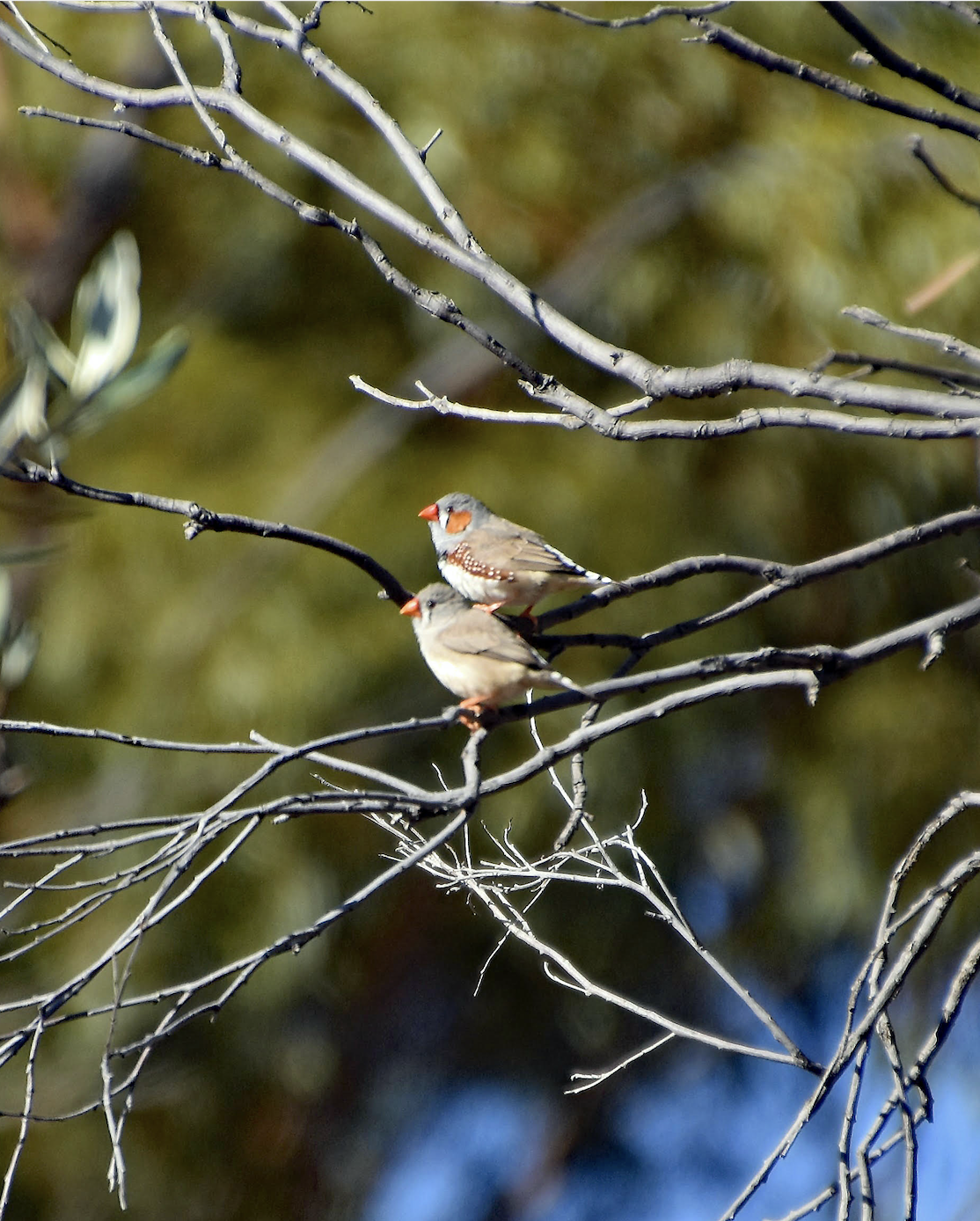
Avon Valley, Western Australia
Just below, a roo doe digs into the softest
soil it can find — avoiding rocks — to make
a hollow for itself and the joey heavy in its pouch;
it lifts, digs, turns drops lifts digs turns drops.
Up the valley, a pair of zebra finches have skittered
into residence, for we don’t know how long, at the base
of the wheatbelt mountain — or large hill — Walwalinj;
almost certainly displaced by recent fire, that semi-local migration.
I can place myself in both zones without much effort,
but it’s a dubious skill with undefined political complications —
this seeing that’s messed with my setting, this tendency
to align with what I can only know within limits, and conversely.
John Kinsella’s most recent volumes of poetry include Drowning in Wheat: Selected Poems 1980-2015 (Picador, 2016) and Insomnia (WW Norton, late 2020). His new memoir is Displaced: a rural life (Transit Lounge, Australia, 2020) and new volume of stories Pushing Back (Transit Lounge, Australia, 2021). He is a Fellow of Churchill College, Cambridge University, and Emeritus Professor at Curtin University. He wishes to acknowledge the Ballardong Noongar people, the traditional and custodial owners of the land he so often writes about.




